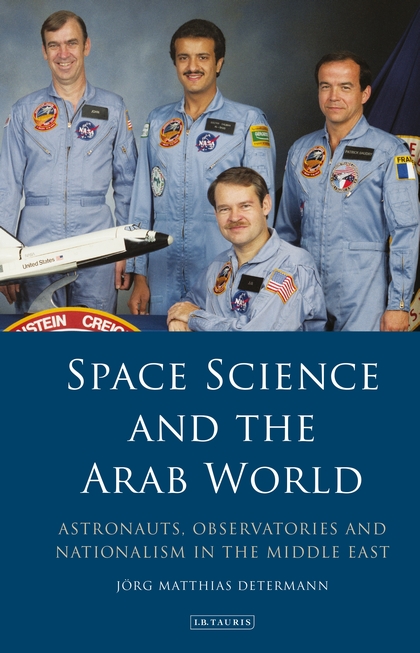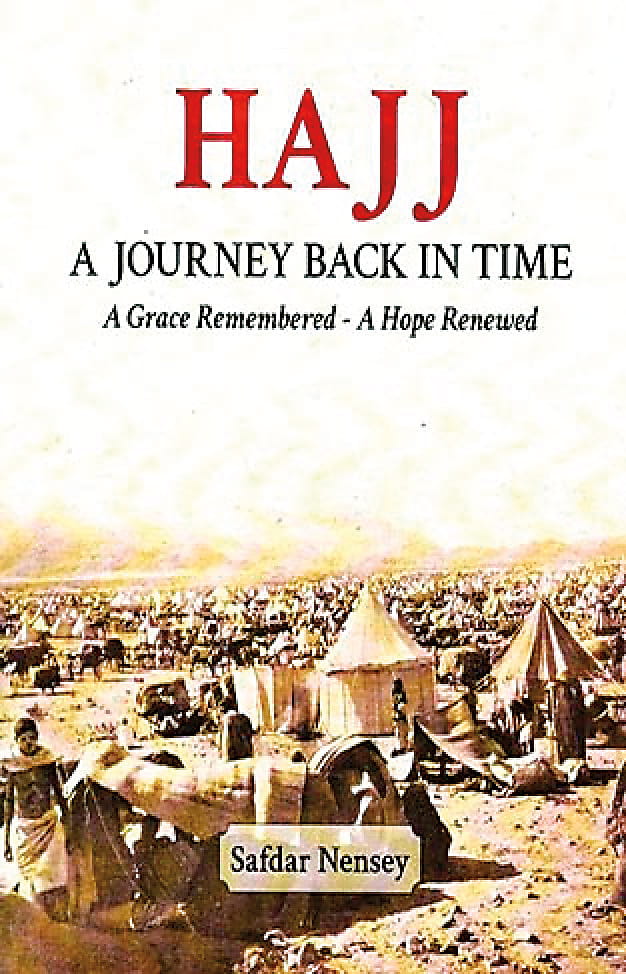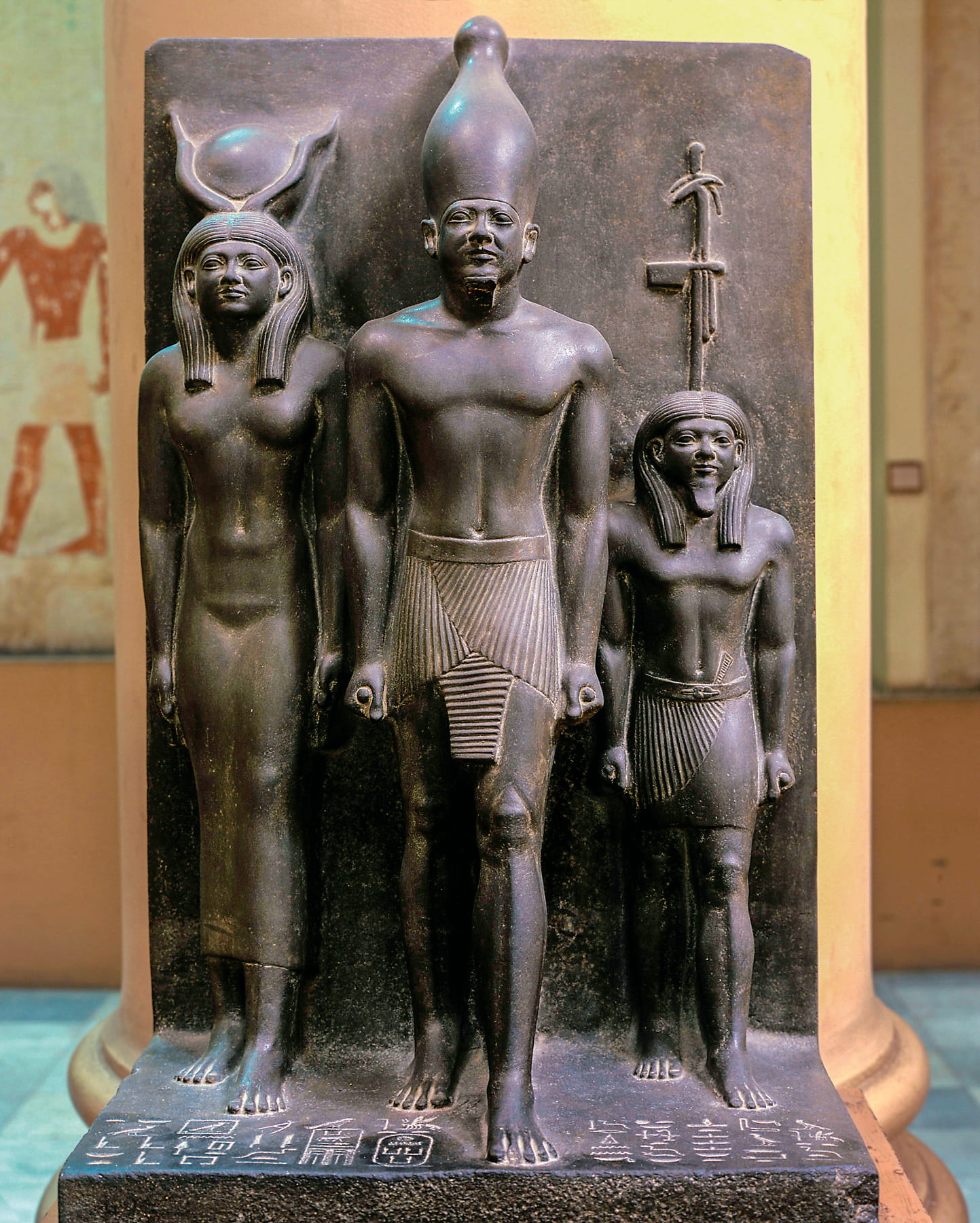
Space Science and the Arab World: Astronauts, Observatories and Nationalism in the Middle East
ROBERT W. LEBLING
Jörg Matthias Determann
2018, I.B. Tauris, 978-1-78831-014-7, $95 hb
Arab Islamic contributions to astronomy in the Middle Ages (8th–14th centuries) were crucial antecedents to the European scientific revolution that led to what we know as space science. This meticulously researched book contends that today’s Arab involvement in space science is a fresh, integral part of a modern enterprise blending nationalism with globalism. The cover illustration highlights the 1985 space-shuttle flight of Saudi Prince Sultan bin Salman—the first Arab and Muslim space traveler. But there is much more, with the region’s first modern astronomers, including Syrians Yakub Sarruf and Faris Nimr, emerging in the 19th century. Links between US East Coast universities and newer Mideast institutions led to the expansion of astronomical science in the Arab world, and knowledge sharing aided growth of Arab space science. By the 20th century, Arab astronomers were once again contributing to world knowledge. Shadia Habbal of Damascus University became a recognized expert on solar wind. Farouk El-Baz of Egypt trained Apollo 11 astronauts for their historic moon landing, and more.
You may also be interested in...

Hajj: A Journey Back in Time: A Grace Remembered-A Hope Renewed
Safdar Nensey's Hajj: A Journey Back in Time invites readers into one of the world's oldest and most sacred annual expeditions: the Muslim pilgrimage to Makkah.
The Legacy of Egyptologist George Reisner—Our Book Review
When George Reisner died in 1942, he did so surrounded by ghosts—not just the pharaohs he’d unearthed but the stacks of unpublished notes that entombed his legacy.